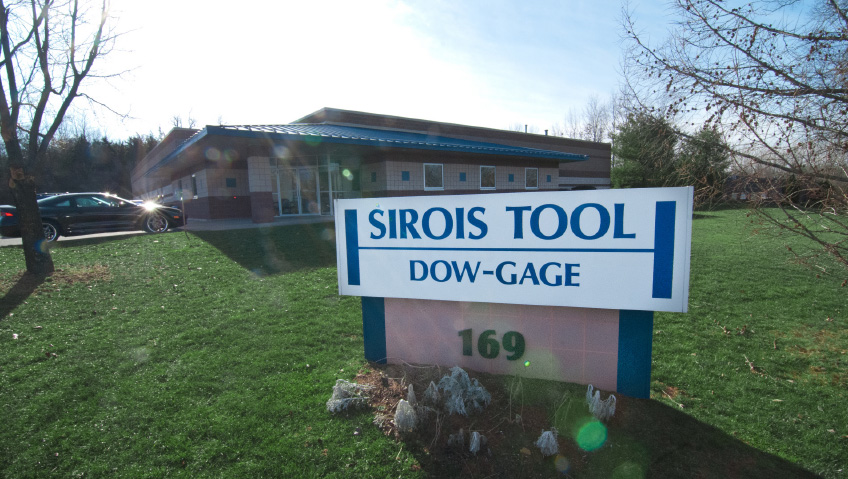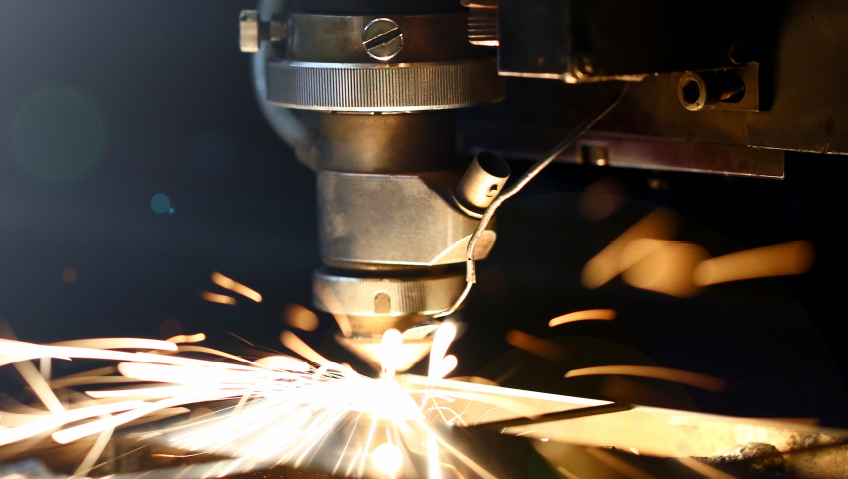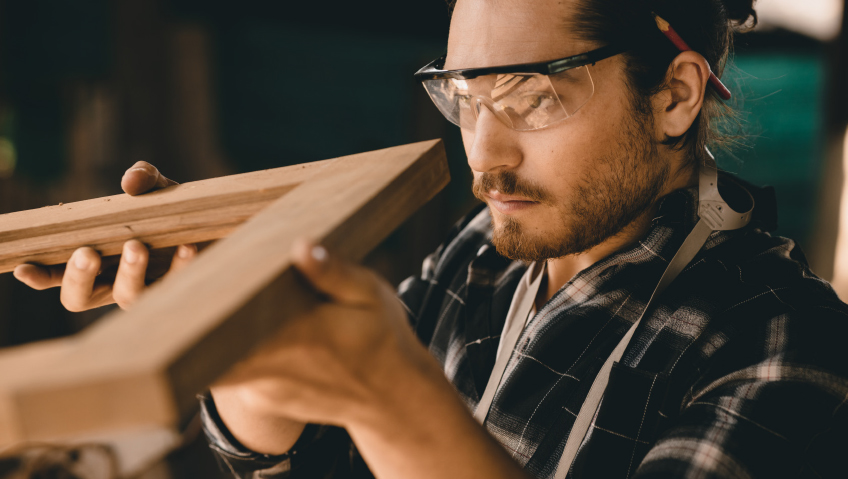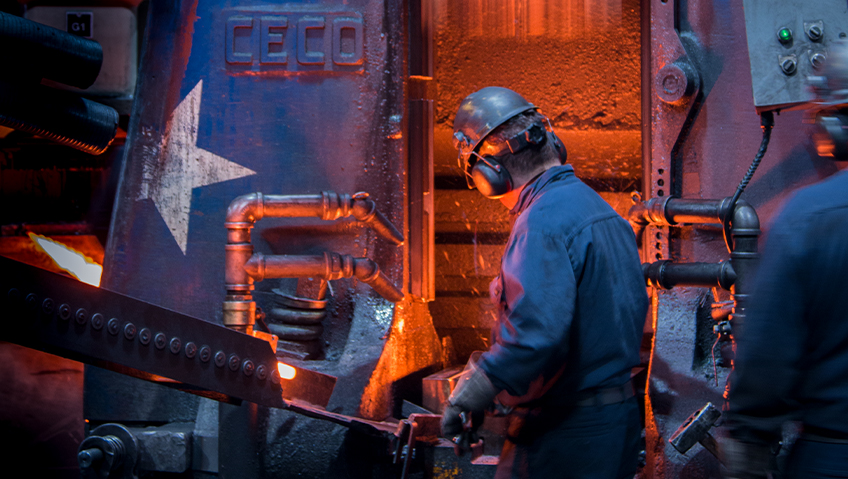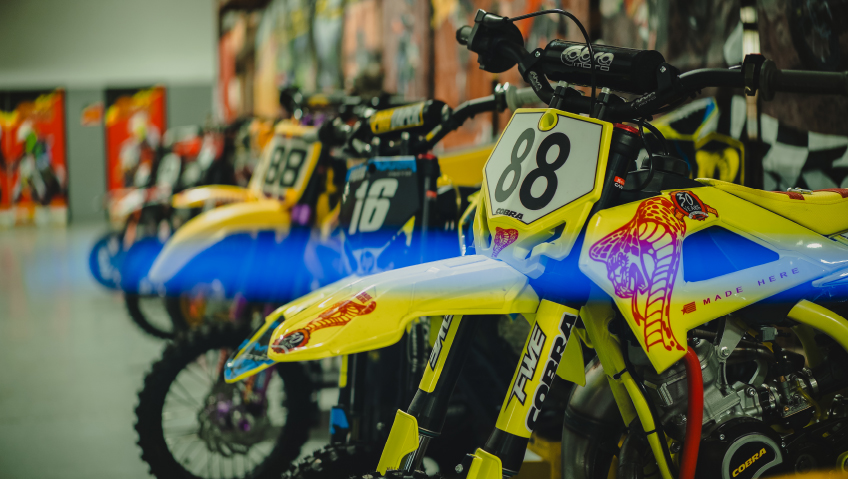Whether clients require standard parts or specialized engineering, Sirois Tool Co. Inc. offers a wide range of build capabilities. The company’s experienced tool and gage makers, apprentices, and staff members turn, mill, grind, and EDM products, all while keeping to its mission statement, “To be a preferred vendor to all our customers, a fair and generous employer, and a good neighbor to our community,” top of mind.
Founded in 1960 by Robert Sirois, the company’s original area of expertise was cutting tools for Pratt & Whitney Aircraft and other businesses. In the late 1960s the company began producing tooling for the bearing industry and developed cutting tools for screw machines and tooling for grinding and other processes.
Three long-time employees bought the business in 1972 and transformed Sirois into a powerful, diversified maker of precision tools, gages, and parts for numerous industries. The business—a proud member of the NTMA (National Tooling and Machining Association)—has expanded both organically and through acquisitions.
“I had worked for the company for nine years before myself and my former partner bought out two of the partners and became partners with Danny Sirois, Bob’s nephew, in 1992,” says Alan E. Ortner, now President and CEO. “I was a tool designer at a customer company when they hired me in 1978, and that helped us continue that expansion because I had knowledge of the tools used in that industry.”
In the 1990s, the company started to diversify away from the bearing industry to manufacturing precision tooling for numerous other industries, primarily medical, machinery, construction, and aerospace.
“Today we still work in the bearing industry but it’s a much smaller part of our business; the rest is diversified,” Ortner explains. “In addition, we moved away from just doing tooling and moved into making precision gages and low-volume precision parts and subassemblies, which today we do quite a bit of versus tools and gages. We also do quite a lot of parts for medical, aerospace, and defense companies.”
The business has grown impressively over the years. In 1972, when Danny Sirois and his partners bought it from his uncle, there were 12 employees; by 1992, when Ortner and his former partner bought it there were 20 employees; and today that number stands at 56—housed in the 25,000-square-foot building the Sirois team designed and built for themselves.
“There are three industries that are probably the best for future growth, and those would be aerospace, defense, and medical,” Ortner shares. These are all strong areas to focus on as they are industries with the largest need for more complex tooling and parts, he explains.
“We’re not competitive on the simple stuff anymore; there are too many small shops that can do that work. We’re competitive when it becomes a little more complex, a little tighter-tolerance. We specialize in very low volume, from one to 50 pieces, especially on the lower end of that—but it’s got to be complex, tight-tolerance parts that a lot of shops can’t do.”
Part of that capability has come about because Sirois isn’t only a machining company; it doesn’t just do milling and turning, it also does a lot of grinding, which is required for the higher-precision parts along with wire EDM and conventional EDM.
“We’re able to provide much more of a one-stop shop where somebody sends us their prints and models and we can make the parts complete for them,” Ortner explains. “They don’t have to worry about sending part of it to us and then to somebody else to finish it. Those are our points of differentiation—complex, close tolerances, and a one-stop shop.”
Other points of pride include company growth through acquisition. Since Ortner has been an owner, there have been three acquisitions: Dow Gage in 2005, a small very specialized gage product, but an integral part of the business; North American Spring Tool in 2012, a toolmaker for the spring industry; and Spring Manufacturers Supply Company, which Sirois purchased just a few weeks ago, which had been the next largest supplier of spring tooling. The newly merged companies of North American Spring Tool and Spring Manufacturer Supply have now been rebranded as Spring Tool Solutions.
Other notable accomplishments include the company’s adept handling of the COVID pandemic. Sirois didn’t lay off anybody throughout the pandemic, took advantage of PPP loans and tax credits, and managed to retain all of its employees other than a few who chose to retire at that time.
“We’ve recovered quite nicely—maybe not quite to pre-COVID levels, but pretty close,” says Ortner. “And I expect that will only get better in the next year or two.”
This commitment to growth while still maintaining a strong focus on quality product are just a few qualities that help set Sirois apart, along with the company’s exemplary treatment of its employees, customers, and vendors. Employees are well paid, with 100 percent of their medical, dental, health, life, and short-term disability premiums covered, and the company boasts very low turnover of employees.
“It’s a great place to work,” says Ortner. “In addition to insurance benefits, we have a very generous 401(k) match and discretionary distribution. And, probably one of the more important things in this day and age, we have flex time so employees are able to have work-life balance if they need to come in late two days a week to drop their kids off at daycare or if they need to leave early to go to their kid’s or grandkid’s baseball game.”
This is especially important for the younger generation, he adds, and for an industry that is challenged to find a qualified labor force, it can make a huge difference. “If you want to stay competitive, you have to do those things. It’s still rare, but more and more people, especially in our industry, are doing it,” says Ortner. “It’s so hard to find skilled people—or people who have the work ethic and the ambition to want to become skilled people. We’re competing every day for those people.”
Sirois Tool is thus dedicated to investing in the future. “We spend a great deal of time and energy on apprenticeships. It’s important to invest in the next generation of manufacturers.” Upon completion of their apprenticeship, the employee receives a personalized toolbox in appreciation of their efforts.
It is approaches to culture like these that help contribute to Sirois’ overarching mission to be the preferred vendor to its customer, a fair and generous employer, and a good neighbor to the community.
“Our focus is on customers,” says Ortner. “We have one person in the office assigned to every customer—we call them customer managers—so that customer, no matter whether it’s the purchasing agent, or the engineers, or their expeditors, or their receiving department, they know who to call, and it’s that person they talk to. And of course, everybody gets backed up by others.”
Building that personal relationship with customers, he says, is paramount to continued success. “If they’re somebody we want to do business with, we’re going to treat them as such,” Ortner says. “We’re going to treat them as a preferred customer, and we want to be their preferred vendor.”
Going green and protecting the environment in which it operates is another key value for this team, and to that end, Sirois has made both recycling and sustainability a priority. The new building boasts an environmentally friendly design with no oil or coolants stored outside where they could leak into groundwater, and the company is extremely conscious of recycling wherever possible.
“Being good to the environment is important to us,” says Ortner, and he adds that being a “good neighbor” goes even further than that. “We support the local high school and their robotics programs, along with trade schools and a couple of local colleges that are developing people for our industry. It’s all part of being a good neighbor. As for our values, they are to be honest, respectful, and transparent.”
Brand promise, another one of Sirois’ mission goals, means going beyond precision machining for customers. “We want to provide our customer with a comprehensive single-source solution, not just be a chipmaker. We want to be able to give them the finished part when they need it.”
Quality, of course, is also high on the company’s list of goals, and while many people believe quality is a given—that you may source three quotes and expect each respondent to provide the same level of quality—that’s not always the case. At Sirois it is a given, however, and the company has worked very hard to ensure it achieves the highest level of quality with very few rejections from its customers.
To maintain this level of quality and ensure that it keeps its employees up to date and able to enjoy growth within the company, Sirois offers full tuition reimbursement, whether for a college diploma or individual courses. The company also offers online learning where employees can work at their own pace through NTMA-U training courses. If employees sign up for a course, Sirois pays for the course, and once completed, the course cost is then given to the employee as a bonus.
“If you’re not focusing on continuous improvement, you’re falling behind,” Ortner says. “We’re always looking at what the newest technologies are that we can use. How can we change processes or equipment to optimize productivity to make a better part or eliminate waste? And I think that’s mandatory in our industry. If you want to continue to grow, it’s mandatory, because otherwise everybody else is going to pass you.”
While Sirois can point to a number of practices that have helped the company grow and succeed for more than 60 years—whether it’s customer care, product quality, or employee support—following through on promises and commitments is what matters most.
“I’m not big on written words unless you back them up with what you actually do,” Ortner says. “And I believe we do really back up what we say here. You can have all the mission statements and brand promises in the world, but if you don’t actually do it, it doesn’t mean anything. It’s just something on paper.”

